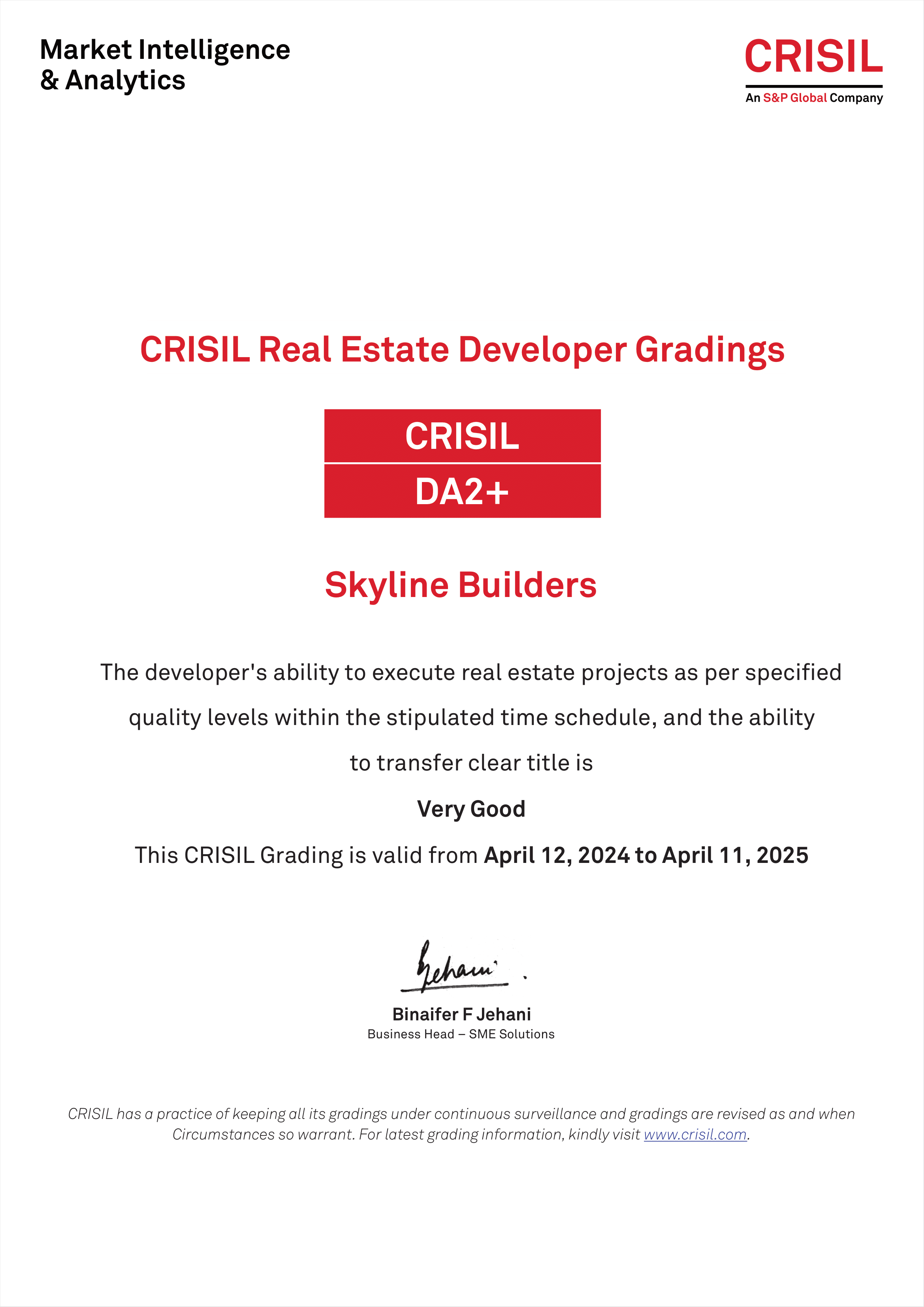Guide to finding the best home

Owning a home is a long-cherished dream of many. It provides a sense of long-term security and is considered as the perfect investment that provides reasonably high returns over a period of time if one is able to invest in the rising curve of the real estate cycle. It is an emotional decision for a few and a rationale purchase decision for the rest. Buying a home requires detailed research, financial planning and can be a time-consuming and a cumbersome experience at times. With the introduction of the Real Estate (Development and Regulation) Act (RERA), there is a growing requirement for transparency and availability of credible information on the internet. However, before setting out on making a real estate investment, it is imperative for one to understand the nitty-gritty of the home buying process.
Right from the cost of the property, government regulations and taxes applicable, costs involved while undertaking home loans to the limitations or benefits of the current regulations, there is a need to clearly understand all aspects.
Here are a few tips to reduce the stress involved in finalising your home purchase –
Assessment of Home Requirement:
Firstly, one needs to understand the important factors that will drive your investment decision. The location, address, surroundings, views, proximity to social infrastructure and the workplace, commuting time, security, potential for capital appreciation, quality of the developer, timelines for possession, quality of product and the budget play a key role in deciding which project one should invest in.
Financial Assessment:
Once you have identified which of the above key factors are of paramount importance, you should make a financial assessment of your budget, ability to leverage and address the financial commitment during purchase, construction and post-occupation.
Do remember that it is not only the Agreement Value that you should provision for but also taxes that can vary during the lifetime of the project besides property taxes and Common Area Maintenance post-occupation.
In a nutshell, the following costs should be envisaged for under-construction projects:
- Agreement Value
- GST and other taxes applicable
- Stamp Duty and Registration Charges
- Broker’s fee, if applicable
- Other charges including parking, corpus, formation of society, legal charges, etc.
- Payment terms
Post occupation, one should provide for the following:
- Interior and fit-out costs
- Property taxes and common area maintenance
- Property Insurance, if applicable
- Mortgage payments, if loan availed
Availability of Finance and Schemes:
There are multiple banks and Non-Banking Finance Institutions (NBFCs) offering home loans and attractive schemes in tie-ups with developers. A buyer has the option to pick and choose from these schemes and some of these come with assured insurance options in case of contingencies.
It is important to understand the terms and conditions of every scheme and the impact of delay in handing over possession, cancellation, liabilities, etc. It is also important to assess one’s credit rating and loan eligibility prior to making an investment in a home. Very often, customers intend to sell existing properties to fund the new acquisition. However, one often is faced with a situation where the sale does not happen within the expected time frame, for various reasons resulting in payment default and interest liability, thus adding to the cost of acquisition.
Research:
Research plays a vital role in finding and narrowing down your dream home. Earlier, real estate agents played a major role in influencing the purchase patterns of homebuyers. However, the busy working schedule of professionals makes them resort to social media platforms and other internet-based research. Today’s highly digitised world provides a number of real estate portals listing down available properties at the click of a button. The Internet provides the comfort of looking at multiple options across locations. It is now possible to evaluate and compare properties basis each individual criteria. Make sure you research the latest trends and regulations in the industry. The process involved, property prices across locations and documentation required for a purchase is also easily and readily available online. Additionally, an interactive website with extensive project details and images helps in building credibility for the developer and adding to unique buyer experience.
Impact of the Real Estate (Regulation and Development) Act (2016)
One of the salient features of the introduction of RERA is that all developers have to register with the Authority and upload details of the project, including title, approvals, agreements, delivery dates, payment schedules, finish, etc. This enables the customer to get a good insight into the project before making a purchase decision.
The following information, amongst others, are mandated to be made available on the RERA portal:
- Sale deed/title deed /Conveyance Deed – Title documents and Title Report
- Litigations, if any
- Approved Layout Plan
- Building plan sanctioned by statutory authority
- Approvals including permission to commence construction ie. Commencement Certificate
- Detailed cost estimate/valuation report from chartered engineer/architect (if applicable)
- Building Layout, configuration and details of units
- List of Common Area Amenities and Facilities that will be provided
- Configuration and details of units sold
- Details of consultants on the project and registered channel partners
Customer Protection:
Some of the recently passed bills like RERA provide greater transparency and protection to customers. Off late, the government approved the amendments in the Insolvency and Bankruptcy Code (IBC) which recognises homebuyers as equivalent financial creditors like banks and institutional creditors. This and many such steps will prove pivotal in protecting homebuyers and instilling transparency in the real estate system.
Conclusion:
Most often, you would be investing a major part of your savings while purchasing a home, hence, always ensure you garner all the valuable information that will lead you to make the right purchase.









6623aef287d94.png)

63a1a9682edce.png)

